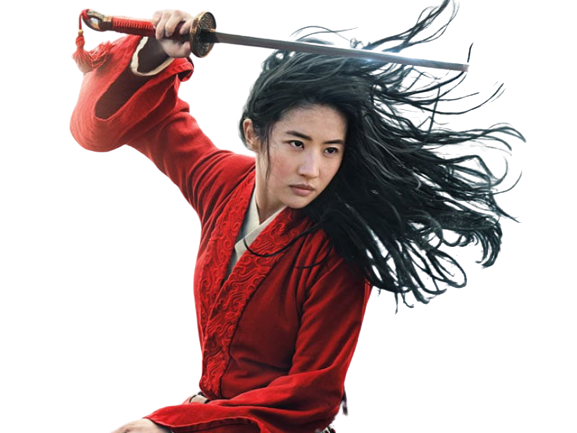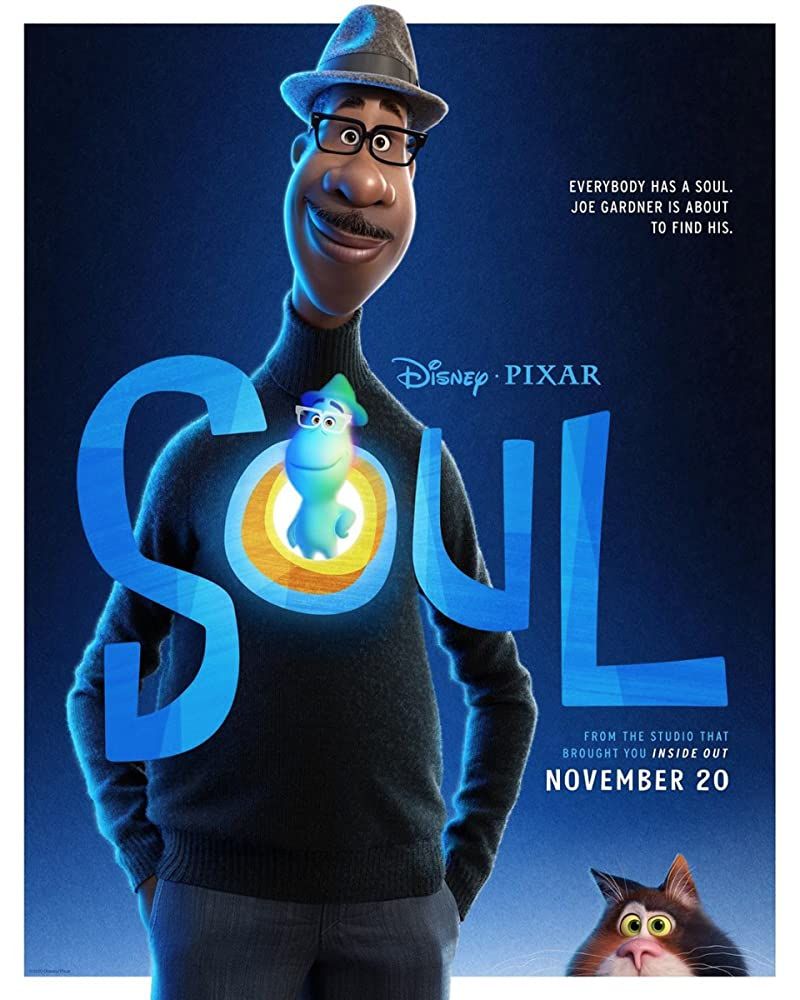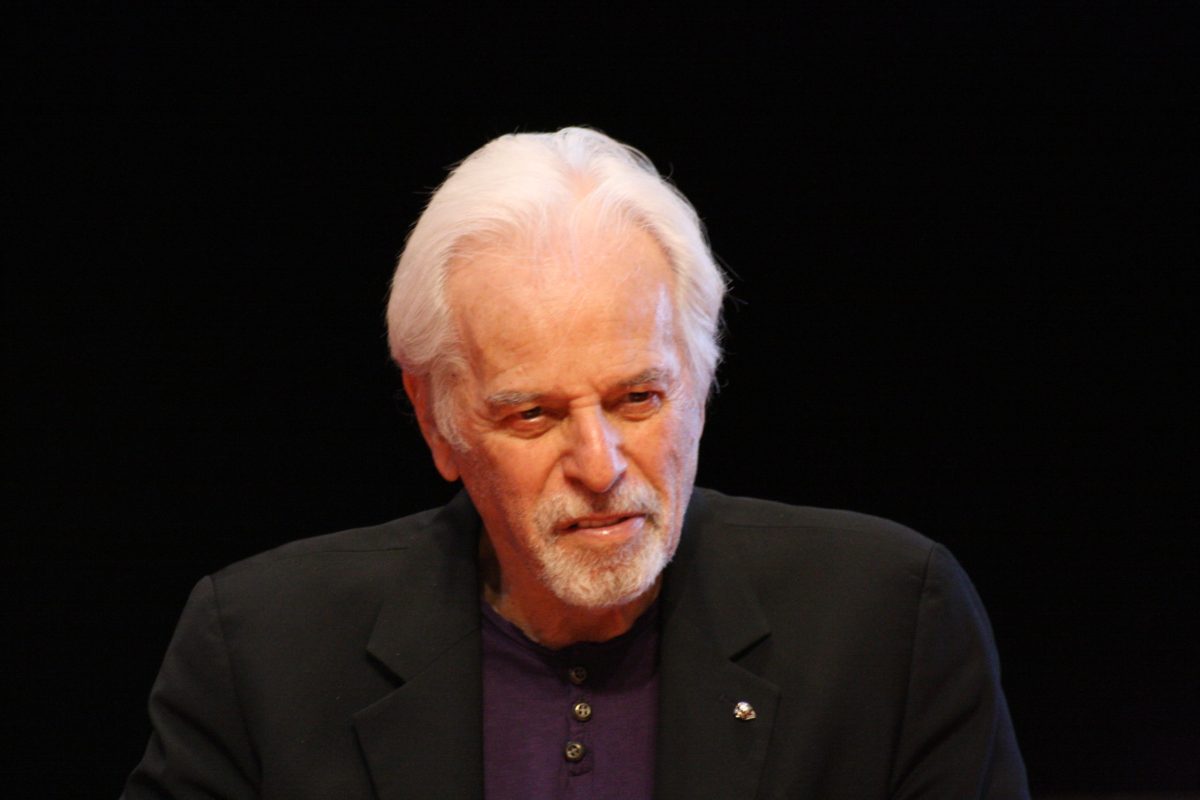The movie “Mulan” has always been very nostalgic for me; I still remember renting the DVD from my local library almost every month simply because I enjoyed the story of Mulan’s courageous, daring heroism. When I heard that Disney was going to produce a live action remake of this movie after over twenty years from its original release, I had mixed feelings. On one hand, I was excited because of how much I enjoyed the classic, but I also felt uncertainty over whether or not Disney would do it justice. When it comes to the recent Disney remakes, it seems they are either hits or misses, and there are often complaints that they play it too safe to the original movies. In contrast, the new “Mulan” was very ambitious and took many risks, many of which paid off to give us a solid movie.
However, the new “Mulan,” for all its positive attributes, still cannot be compared to the classic. It is easily noticeable that original songs from the 1998 version were only instrumental parts in the film, and many people felt let down because ballads like “Reflection” and “I’ll Make a Man Out of You” were not present except during the credit roll. Moreover, the 2020 version took a more nuanced approach to humor, considering that the snarky dragon sidekick Mushu was replaced with the majestic, mythical phoenix, and the scenes of the matchmaker and the army camp are portrayed in a more serious manner. As an interesting side note, the voice actress for Mulan in the classic, Ming Na Wen, has a cameo in the new movie.
There were many improvements as well, such as the way in which the villains were portrayed. In the classic version, the invaders were a nomadic group called the Huns led by Shan Yu, simply interested in invading China. In the remake, the villains are also a nomadic group, but they are called Rourans and are led by Bori Khan (Jason Scott Lee), who has a personal motive for his conquest as the emperor of imperial China killed his father. There is also the witch Gong Li (Xian Lang), who is responsible for the invaders’ success through her sorcery as she allied with Bori Khan for revenge as well, adding to her complicated background.
Another theme developed in the live-action movie is the importance of the imperial Chinese army’s values, namely loyalty, bravery and honesty. They are engraved as Chinese characters on Mulan’s father’s sword, and Commander Tung (Donnie Yen) repeatedly emphasizes them during the training of the troops at the camp. At first, Mulan (Liu Yifei) seems to be acting in defiance of those values: she leaves her family and traditions behind to fight in the war in the middle of the night, and she is forced to hide her true identity as a woman under penalty of death. She learns how to fight as a fierce warrior at the training camp and builds strong relations with some of her fellow recruits (Jimmy Wong, Doua Moua, Chen Tang), and over time she realizes that she cannot hide who she is anymore, voluntarily revealing herself after the battle. Along with these values, she also learns about the concept of qi, or the energy that flows through the universe, and how she can use it to perform superhuman feats in battle. This becomes interesting as the witch, who can see through her disguise, remarks that the two of them are very similar as both are powerful yet cast-out, and Mulan must choose her side.
The new “Mulan” also impresses simply due to its production in the 21st century. The movie incorporates cutting-edge CGI, especially in scenes of the witch’s magic and the phoenix, as well as beautiful panoramic shots of the landscapes in very vivid, rich colors. Moreover, the remake places a greater emphasis on combat and martial arts, contributing to its PG-13 rating, and even the emperor himself (Jet Li) gears up for combat when the Rourans are near. The soundtrack also knocks it out of the park, especially when the soundtrack of “Reflection” is played during the battle scenes.
The new release, in addition to coming during a global pandemic, has received fair amounts of controversy. According to the New York Times, during the peak of Hong Kong protests over a year ago, lead actor Liu Yifei among others professed her support for the Hong Kong police, which led to pro-democracy activists in Hong Kong and other places to call for a boycott of the film. After the movie was released, some journalists and Twitter users noticed that the credit roll thanked four Chinese governmental institutions that have been implicated in the “re-education” and “counterterror” programs in Xianjing. The government has been observed to construct these “re-education” camps for the Uyghurs, an ethnic (Turkic) and religious (Muslim) minority, where countless atrocities have been observed to take place, in some instances being renamed a cultural and systematic genocide. Disney has yet to comment about their filming in this region, and whether they interacted in any way with the detainees. Personally, I do not think individual actors’ comments about the Hong Kong situation warrant a boycott, as it should be celebrities should be allowed to have their own opinions on political issues, especially on such a complex topic like the relationship between Hong Kong and mainland China. Concerning the reports of collaboration with Chinese authorities, I do not think Disney should have done this during the shooting of the film, but I see the damage to already be done; boycotting will not save any Uyghur lives; the best course of action is to continue pressuring Disney and other major companies to stop future business in this region until the crisis is alleviated. Despite the negative attention the movie has been receiving, “Mulan” will still be viewed by millions of people in theaters and at home, including those who will bypass the paywall for it.

































